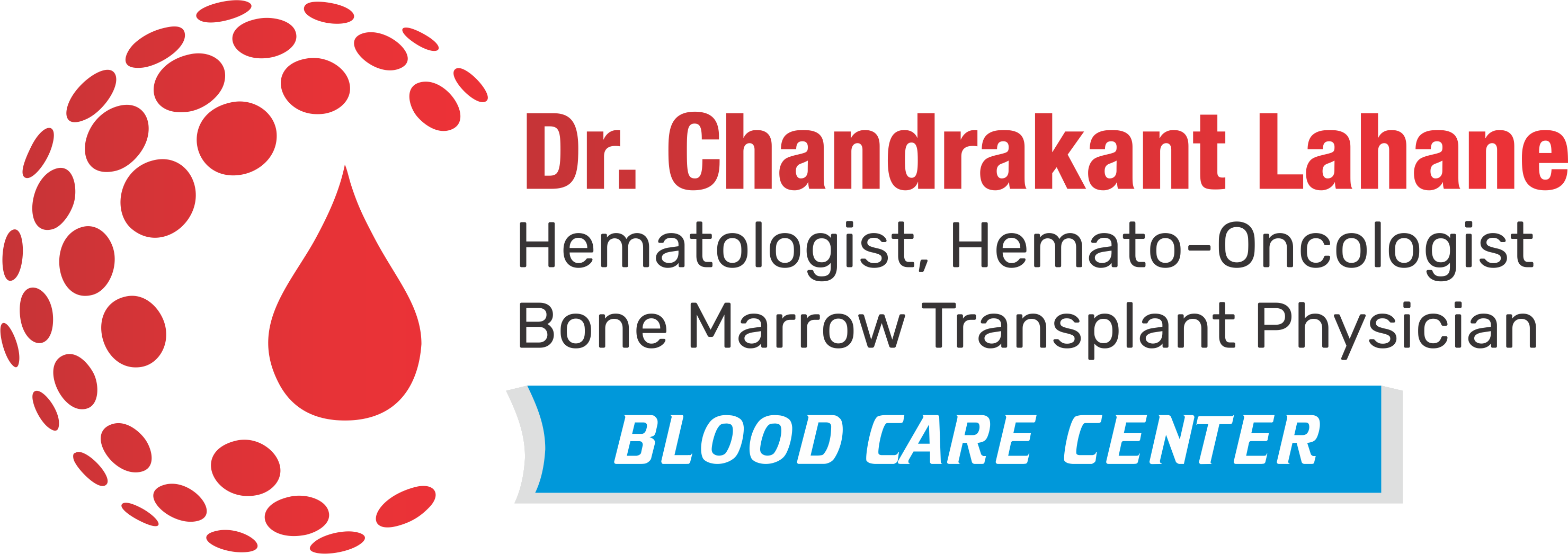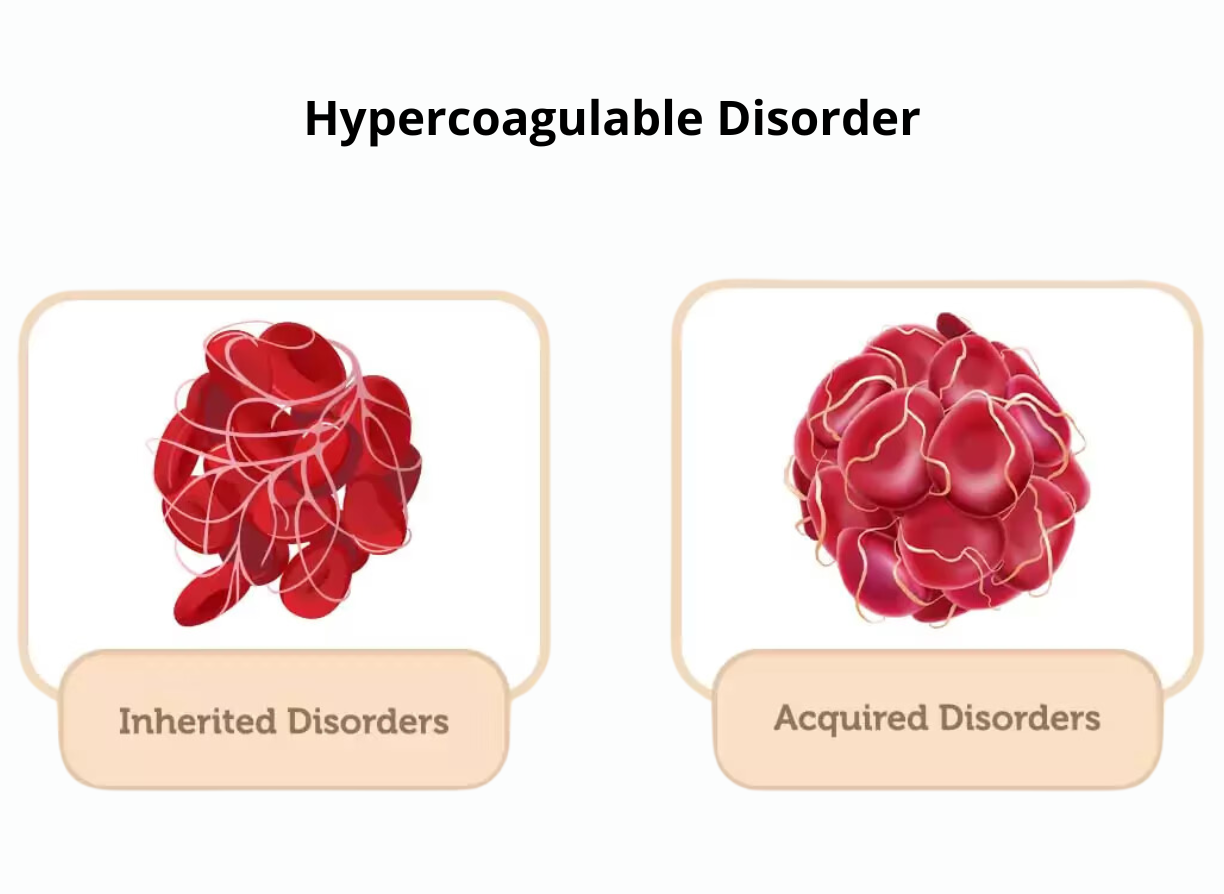Hypercoagulable Disorder specialist in Pune
A hypercoagulable disorder, often referred to as thrombophilia, is a condition where your blood has an increased tendency to form clots. Normally, blood clotting is a necessary process that prevents excessive bleeding when you are injured. However, in hypercoagulable disorders, clots can form abnormally and pose serious risks to health by blocking blood vessels. Dr. Chandrakant Lahane, a hypercoagulable disorders specialist in Pune, has extensive experience in diagnosing and treating hypercoagulable disorders.
What is a Hypercoagulable Disorder?
Types of Hypercoagulable Disorder
Primary (Inherited) Hypercoagulable States:
Secondary (Acquired) Hypercoagulable States:
Causes of Hypercoagulable Disorder
Genetic Factors:
Medical Conditions:
Lifestyle Factors:
Symptoms of Hypercoagulable Disorder
Deep Vein Thrombosis :
Pulmonary Embolism :
Stroke:
Heart Attack:
Treatments for Hypercoagulable Disorder
- Anticoagulants :
- Thrombolytics:
- Lifestyle Adjustments:
- Monitoring and Regular Check-ups:
Medications such as warfarin, heparin, and newer oral anticoagulants like dabigatran or rivaroxaban help prevent new clots from forming and stop existing clots from getting larger.
In emergency situations, drugs called "clot busters" like streptokinase may be used to dissolve significant clots.
Staying active, losing weight if necessary, and quitting smoking are advised to reduce clotting risk.
Regular follow-ups with healthcare providers are essential for monitoring the effectiveness and adjusting treatments as needed.

